Ringworm, also known as dermatophytosis, is a very contagious form of skin fungus and, according to the Center for Disease Control and Prevention (CDC), more than 700,000 people visit the doctor every year with concerns about ringworm. Thousands of infected people do not seek treatment, so read on to make sure you know what to do if you encounter such a situation in the future.
We have put together a list of some home remedies. It is important to keep in mind that although each of these remedies is well researched, you should still consult a doctor before starting to treat ringworm at home. If you have a history of skin or fungal infections, schedule an appointment with a dermatologist.
1. Turmeric
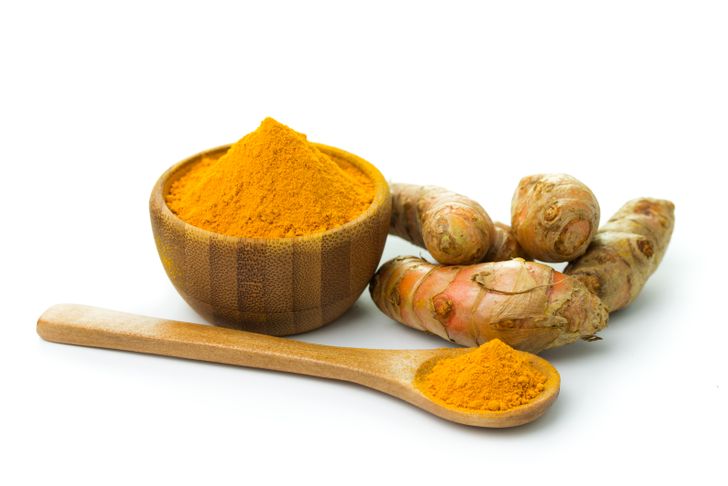
Turmeric is known for its anti-inflammatory properties. It is believed that a component present in turmeric called curcumin has antimicrobial properties.
How to use:
- Use turmeric to prepare tea or meals.
- Using turmeric directly will be more effective in fungal infections.
- Mix with water or coconut oil and apply the paste on the infected area.
- Leave it as long as possible before rinsing.
Note: applying turmeric can make your skin look yellow, but don’t worry, as it disappears in a few days.
2. Apple Cider Vinegar

The antifungal properties of apple cider vinegar can help you treat ringworm and itching. The unfiltered apple cider vinegar content regulates the growth of yeast by neutralizing the pH.
Home Remedies for Skin Fungus How to use:
- Apply apple cider vinegar to the infected area with a soaked cotton ball.
- Repeat the process up to 3 times a day.
- Rinse after 15 minutes if it comes out or if the infection is in a sweaty area.
3. Neem Leaf Extracts
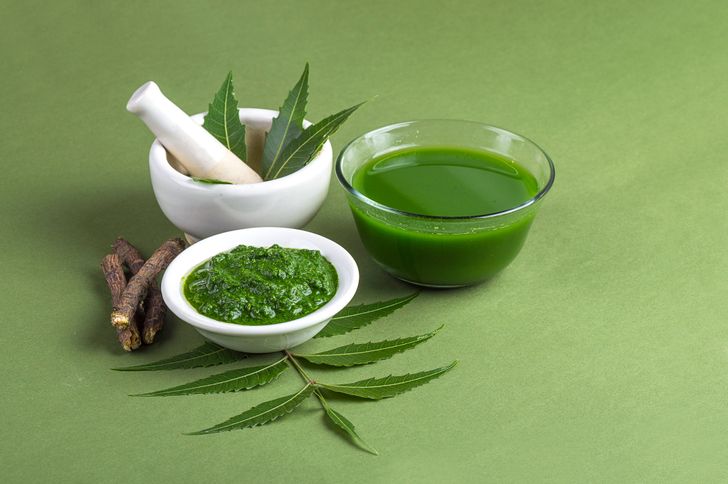
Azadirachta indica, also known as “Neem” by native Indians, has been considered the last antifungal and natural detoxifier in India for hundreds of years. Azadirachta indica extract is capable of eliminating the main pathogens and dermatophytes from the skin.
How to use:
- Boil the neem leaves in water for a few minutes.
- Wash the infected area with water.
- Do not boil for a long time or use neem leaves directly on the infection as this can cause skin irritation.
4. Coconut Oil
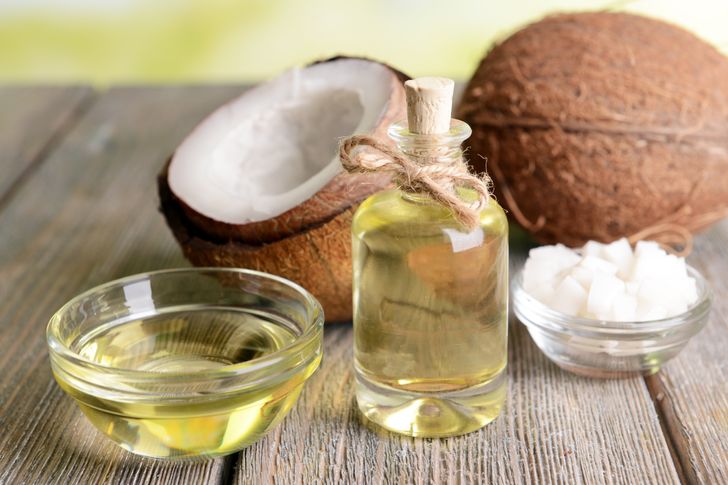
Coconut oil contains a certain amount of fatty acids that help in infection by damaging fungal cell membranes. Coconut oil can be an effective remedy only for mild and moderate skin infections.
How to use:
- Apply coconut oil on the infected area 3 times a day.
- Use it for a few weeks, even after the infection ends, and applying coconut oil as a moisturizer can be an effective way to prevent future infections.
5. Oregano Oil
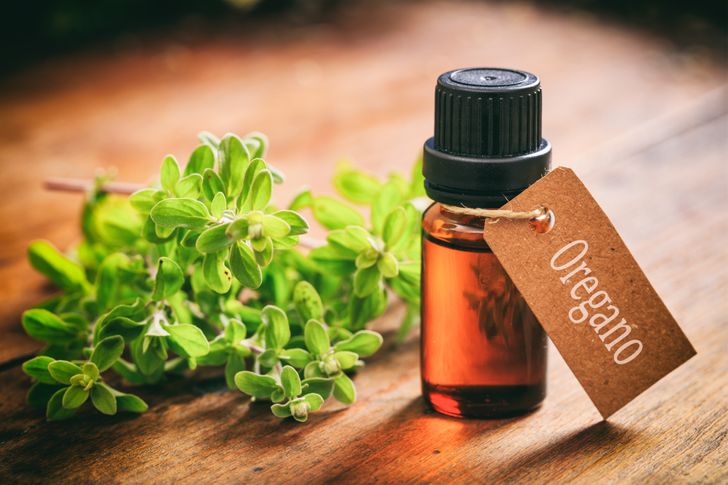
Oregano oil (specifically wild oregano (Origanum vulgare)) contains thymol and carvacrol that can disrupt fungal growth.
How to use:
- Always use diluted oregano oil in the infected area.
- Apply up to 3 times a day.
Note: Be sure to get wild oregano oil (Origanum Vulgare) since most oregano oil on the market has common oregano (Origanum marjoram).
6. Garlic
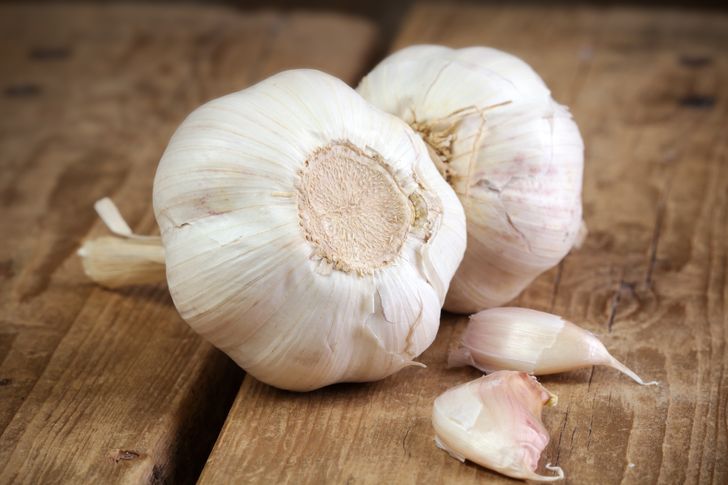
Garlic is the most common idea of treating infections in almost every home. Garlic can be effective against ringworm, as well as against Trichophyton, Torulopsis, Candida, and Cryptococcus.
How to use:
- Do not apply raw garlic paste directly to the mushroom. May cause irritation for hours.
- Mix the garlic paste with olive oil or coconut oil.
- Apply a thin layer of paste on the infected area with a cotton ball or clean clothes.
- Store it for 2 hours before rinsing.
- Repeat it twice a day until you see improvements.
What to do if you are already infected:
Try to keep the skin as dry and clean as possible. Use a soft towel to clean it and do not reuse the same towel on other parts of the body.
Avoid wearing tight jeans, pants, or underwear. Use a fabric that does not irritate the skin. Loose clothing and high-quality fabrics reduce friction if there is an infection between the thighs or armpits.
If you can’t avoid wearing tight jeans or appropriate fabric, place handmade cotton pads between your thighs or under your armpits. Reduces friction and irritation.
We know that itches a lot, but we try to avoid any type of scratch because it makes the infection worse.
Do not use perfumes or washing agents on your clothes when infected, as they can irritate your skin even more.
Change your clothes daily and clean the infected area at least two or three times a day.
When to see a doctor:
Even in the most severe cases of ringworm, it disappears in 2 weeks to 20 days. But if it does not go away even after the suggested period, consult a doctor immediately.
Have you encountered ringworm? Share your stories with us in the comments!


